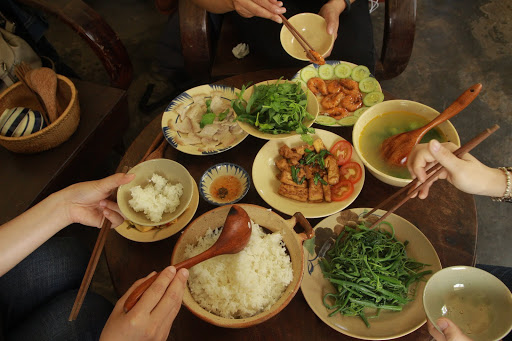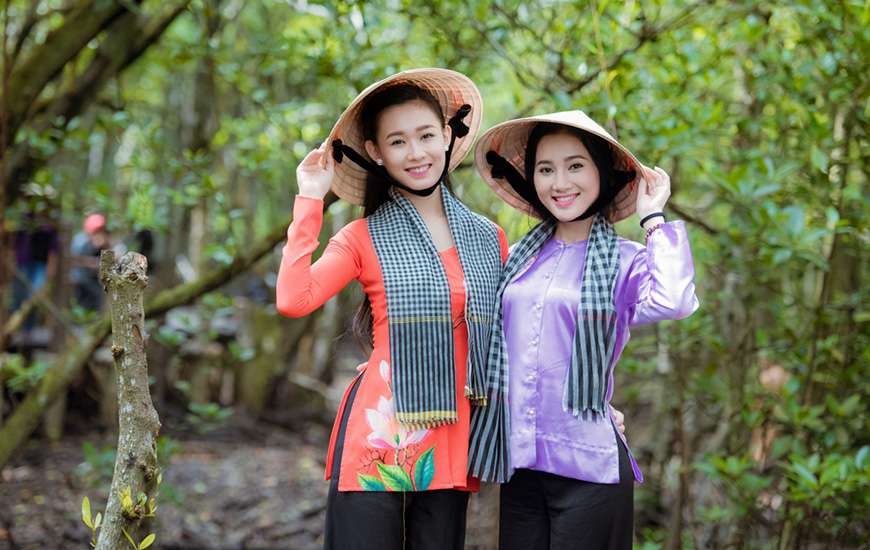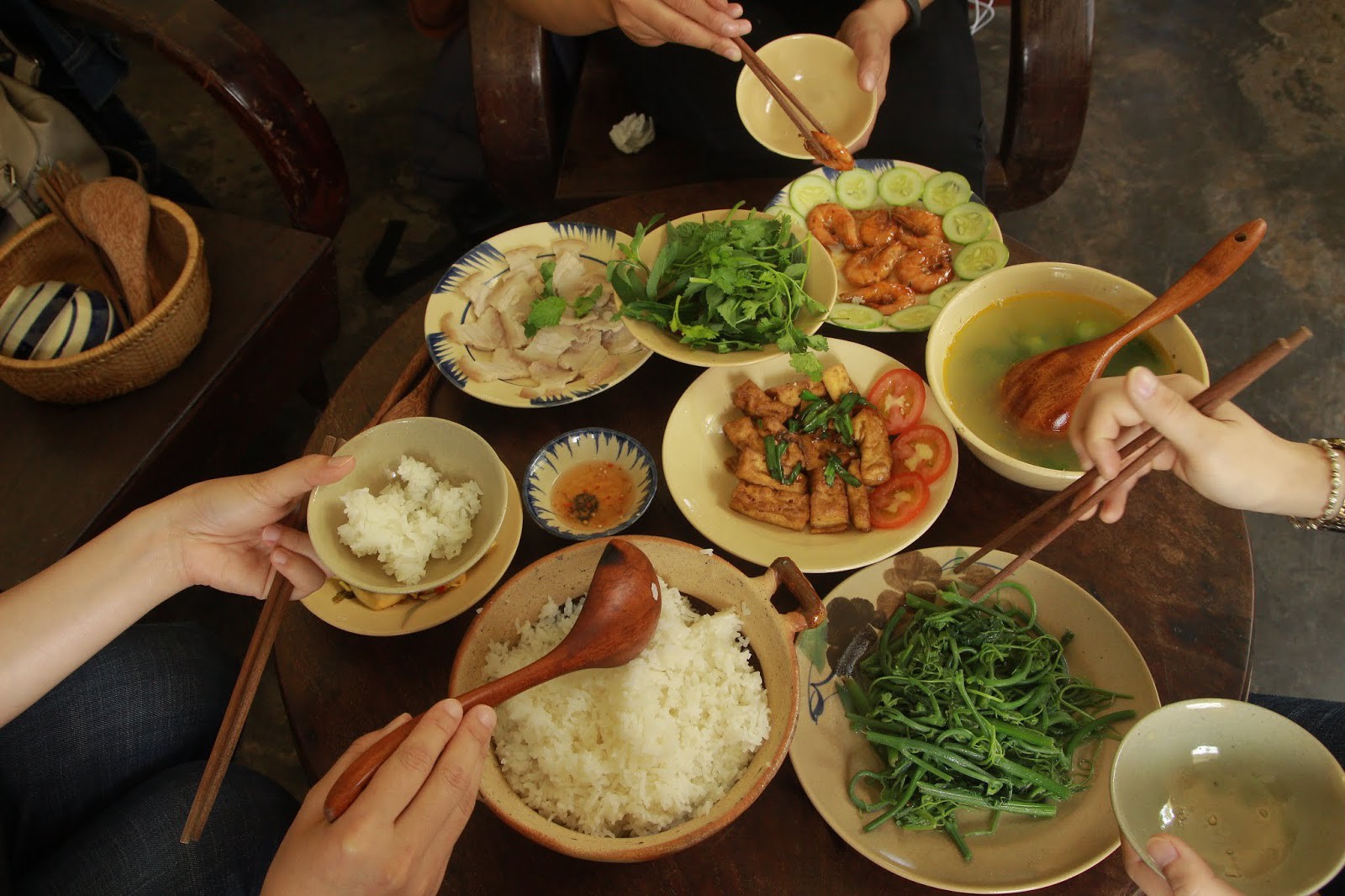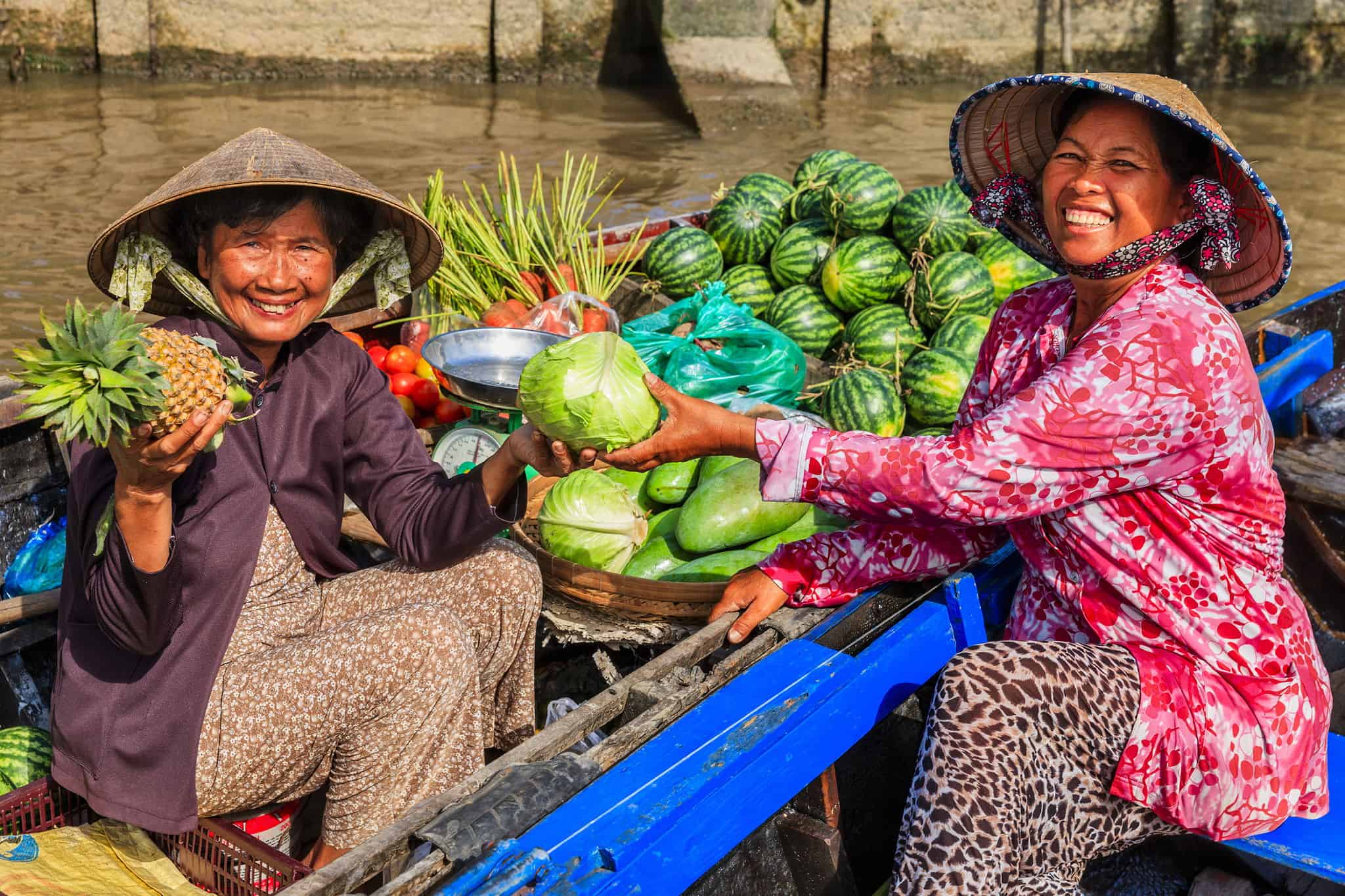
Vietnam is known for its diverse culture and fun-loving people. Divided into three distinct regions, this long strip of country is a goldmine of stories and traditions. If you’re coming to Vietnam for the first time, a basic knowledge of the local customs can help you engage with the people you’ll meet in a friendly, positive way. Here are eight top tips to get you started.
Practice the art of saving face
The idea of “saving face” has long been an important part of life in Vietnam. Most Vietnamese will avoid public displays that could compromise their reputation. As a general rule, keep your cool and avoid loud arguments, making a scene, berating others for mistakes, or pointing out anything that may cause the locals to feel shamed.
Ask before taking photographs
There are so many beautiful photo opportunities in Vietnam and most people will be fine with you taking their photo, but respect their privacy and always ask before you lift up your camera. Taking photos this way offers the same level of respect to your subjects as you would apply to yourself, and it can be a unique and fascinating opportunity to learn a bit about someone’s life.
Dress as the Vietnamese do
Observing the locals where you are staying will give you a good idea of what is acceptable in terms of clothing and coverage. Foreigners should note that men should not be seen shirtless in public, and swimwear is welcome only on the beach or in your resort. You can show respect for Vietnamese customs by wearing clothing that does not offend the locals.

Photo: Collected
Eat with good manners
Mealtimes in Vietnam are all about sharing. Most meals are laid out as an assortment of shared dishes, with small rice bowls and chopsticks for each diner. Pass dishes at the table with both hands or your right hand (not the left) and hold your spoon in your left hand if you’re eating soup. If you want to stop eating, simply repeat politely that you’re very full. In most social gatherings the person who made the invitation is the one who pays the bill. Otherwise, the most senior person is the one who pays.

Photo: Vietnam Culinary
Learn the correct salutations
In Vietnam, people rarely say the words “excuse me”. Instead, they say “hey you!” but use different versions of “you” to indicate respect.
This can all get a little complex, so if in doubt, say “bạn ơi!” (ban oi) which simply means, “hey friend!”
Use your hands wisely
While the middle finger is not traditionally an offensive digit in Vietnam, the typical “fingers crossed” gesture that many people from the West make to indicate that they are hoping for the best is highly impolite. If you hope for good luck, keep your fingers out of it!
It’s also a good idea to avoid pointing at people or patting people on the back or head, particularly if they are older than you. When you pass something along, use your right hand or both of your hands, rather than just one hand or your left hand.
Smile and be friendly
Vietnamese are fun-loving people, however they are also very proud of their deep-rooted traditions and hardworking ethics. Some Vietnamese can be wary of foreigners, who may overstep without realizing the complicated cultural undercurrents behind a situation. A smile can go a long way in Vietnam, especially when language fails. A simple hello or thank you communicates your goodwill and will usually earn a smile from the Vietnamese.

Photo: My Travel experience
Source: vietnam.travel